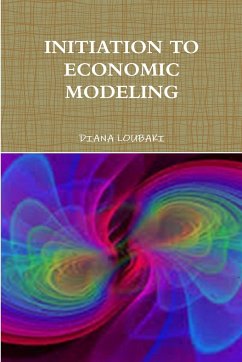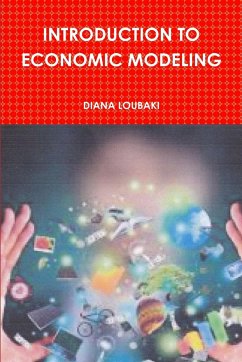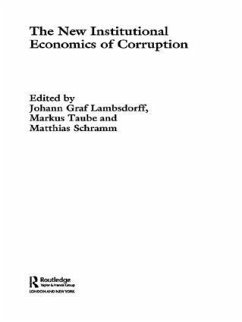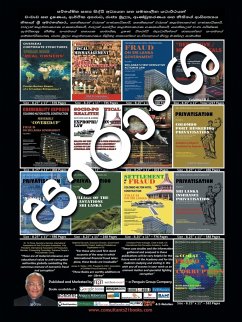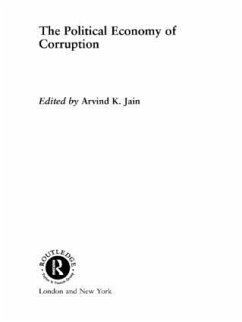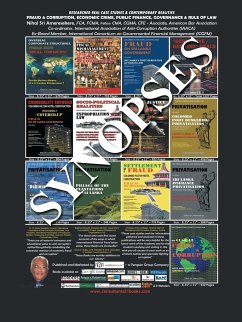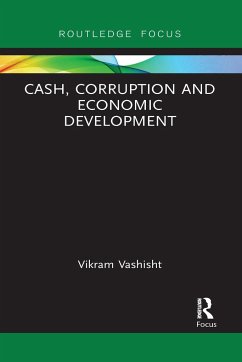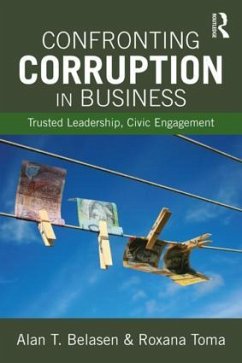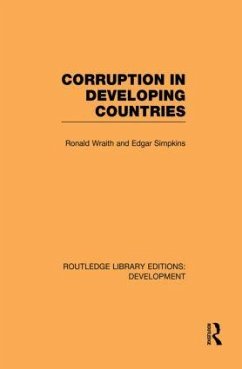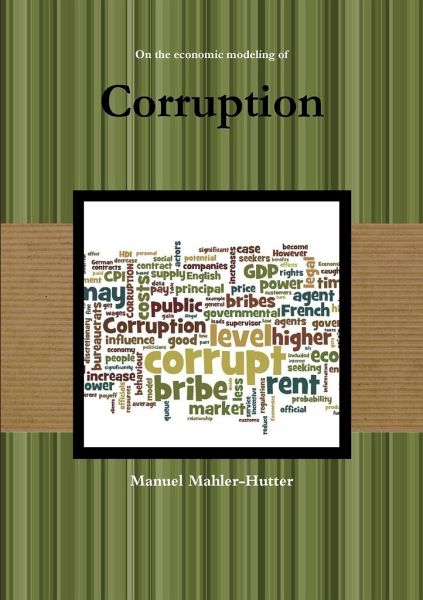
On the Economic Modeling of Corruption
Versandkostenfrei!
Versandfertig in 1-2 Wochen
32,99 €
inkl. MwSt.

PAYBACK Punkte
16 °P sammeln!
This work discusses the economic literature on Corruption. I draw the distinction between market- and parochial corruption. The institutions and the corrupt contract are the base of the following analysis. Corruption happens within a Principal-Agent relationship. Corruption may flourish if economic rents exist, the costs of corruption are low or if the agents have large discretionary power. I discuss whether corruption always has to have negative influence on economic efficency. The empirical part analysis the influence of certain determinantson the CPI. The main findings are: ¿ Corruption ca...
This work discusses the economic literature on Corruption. I draw the distinction between market- and parochial corruption. The institutions and the corrupt contract are the base of the following analysis. Corruption happens within a Principal-Agent relationship. Corruption may flourish if economic rents exist, the costs of corruption are low or if the agents have large discretionary power. I discuss whether corruption always has to have negative influence on economic efficency. The empirical part analysis the influence of certain determinantson the CPI. The main findings are: ¿ Corruption can be reduced by increasing the availability of means of communication to a large part of the citizens. ¿ Higher political interest may lead to less corruption due to increased sensitivity towards authority's actions. ¿ Direct regulations of the freedom of trade or entry to business increase the level of corruption; or the level of corruption decreases the ease of trading and doing business.






